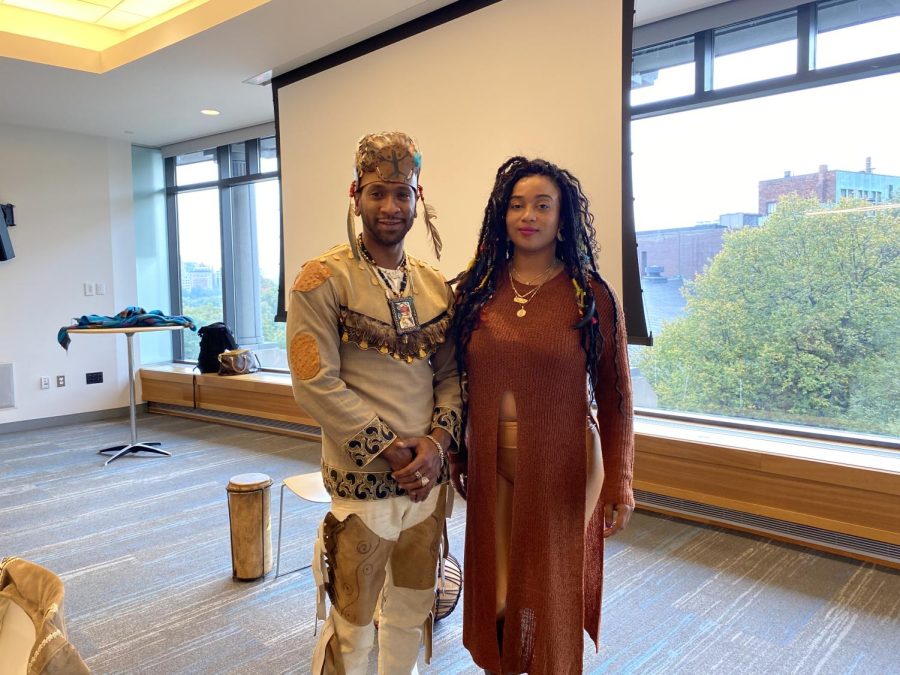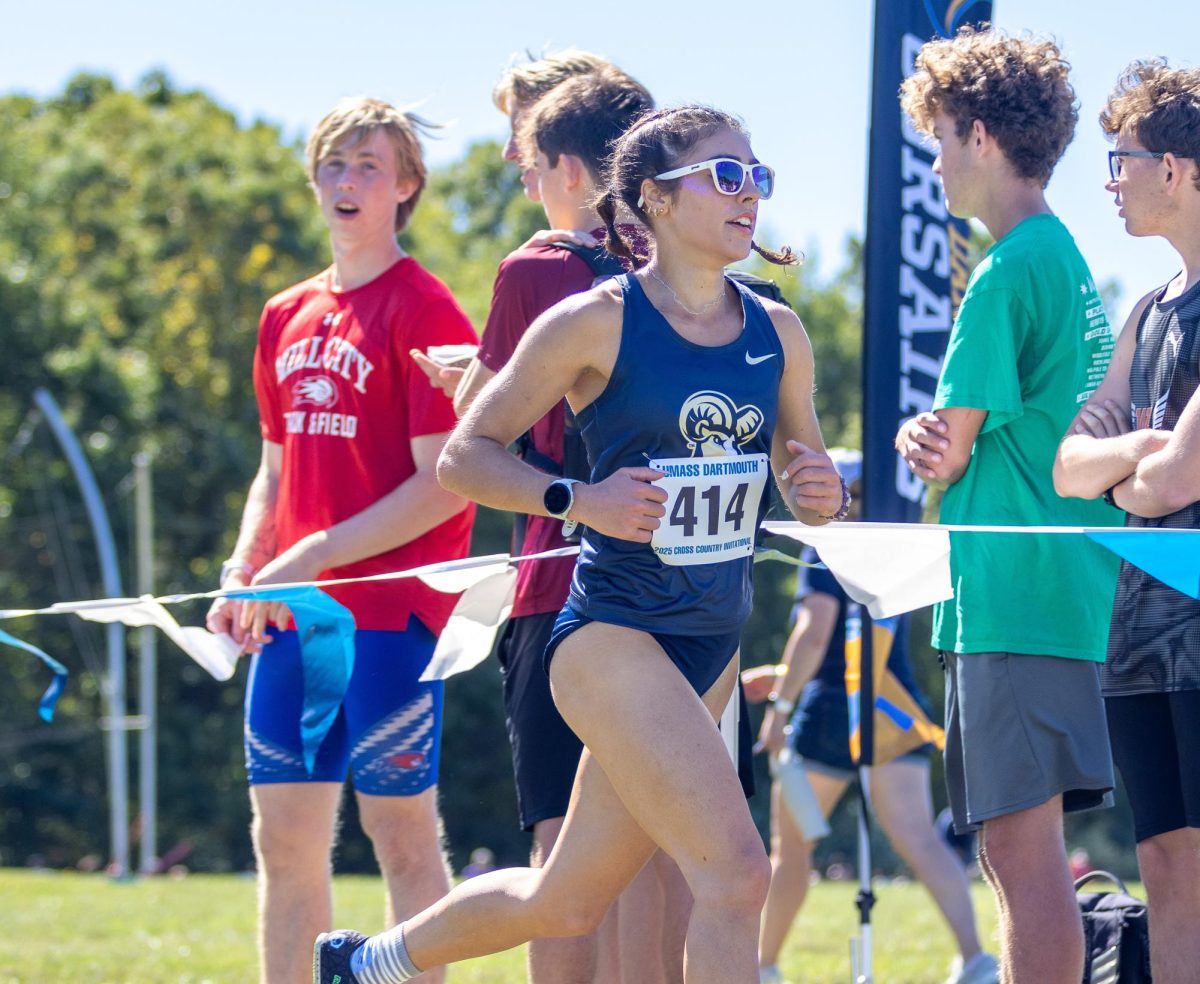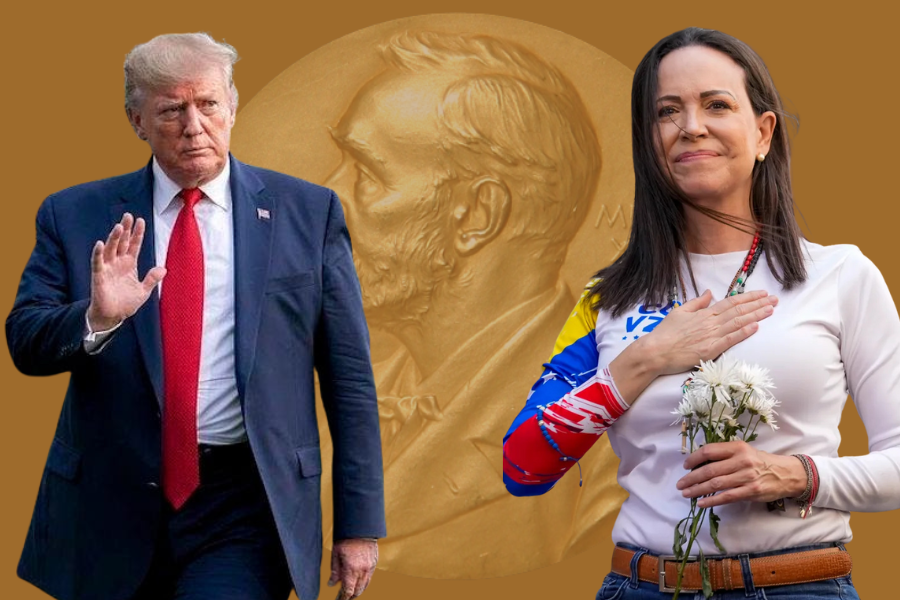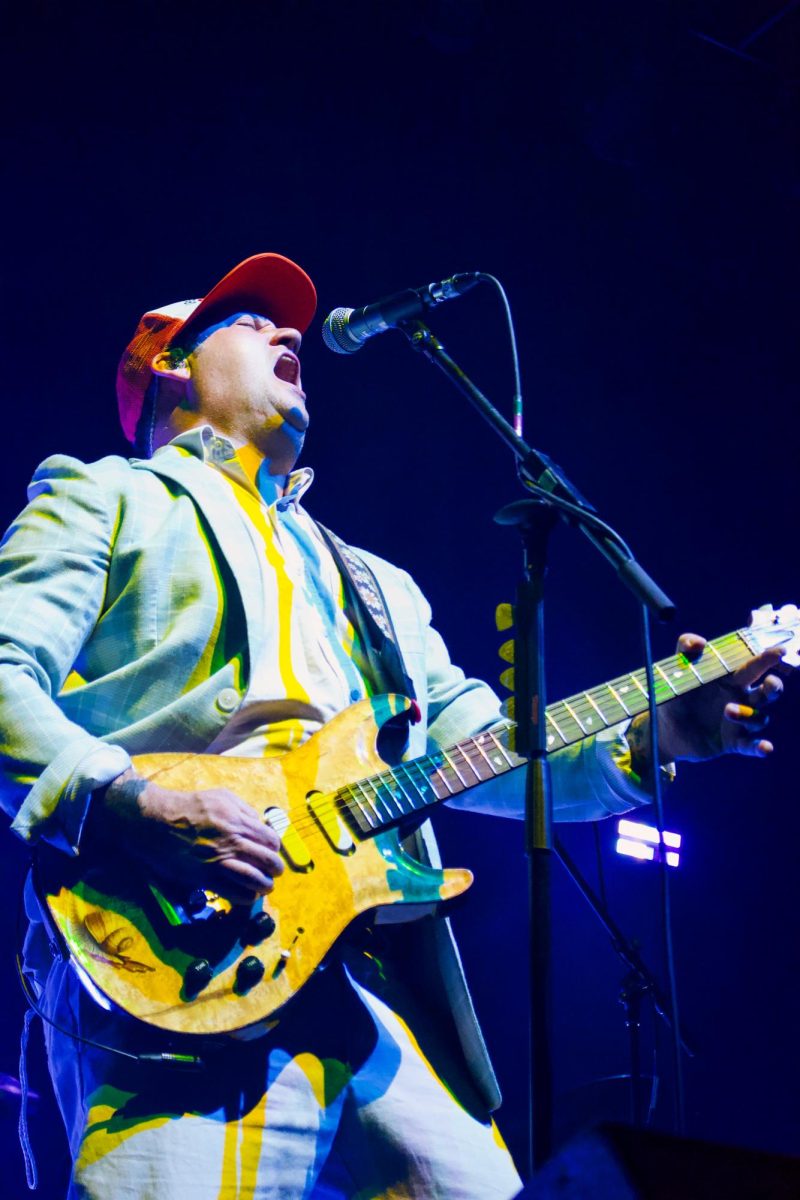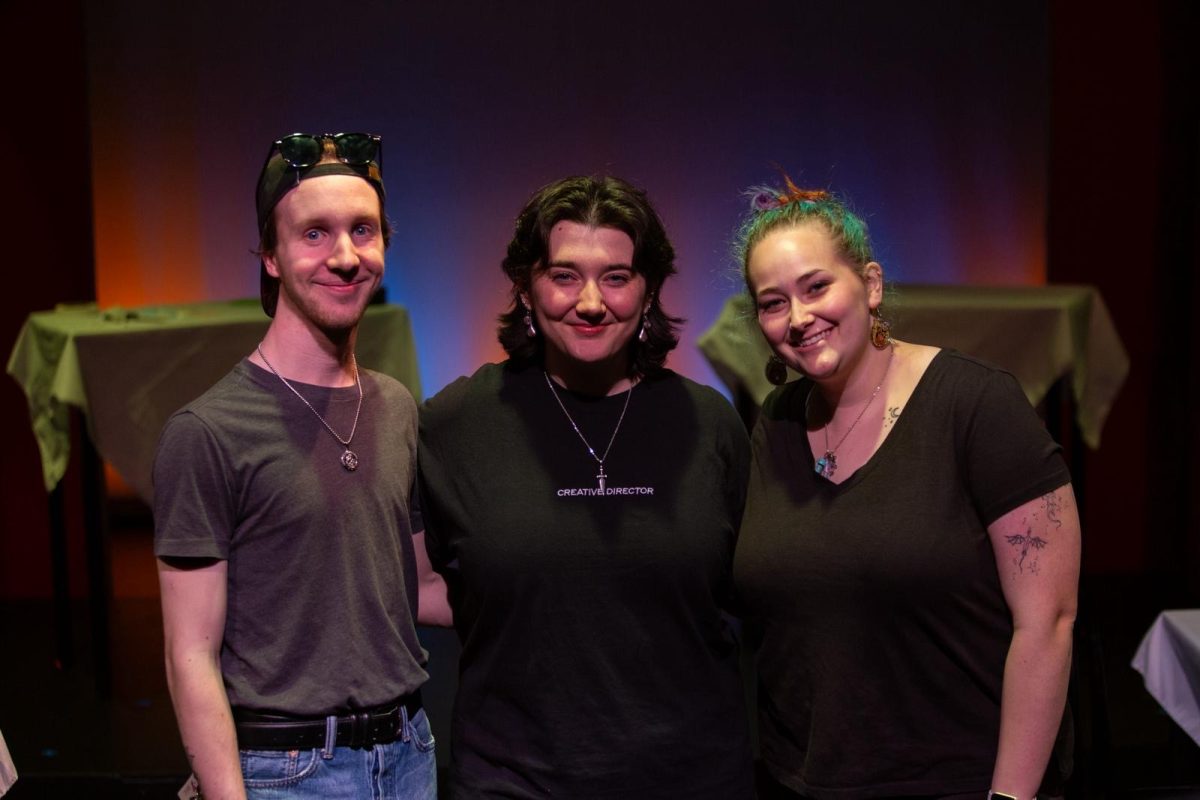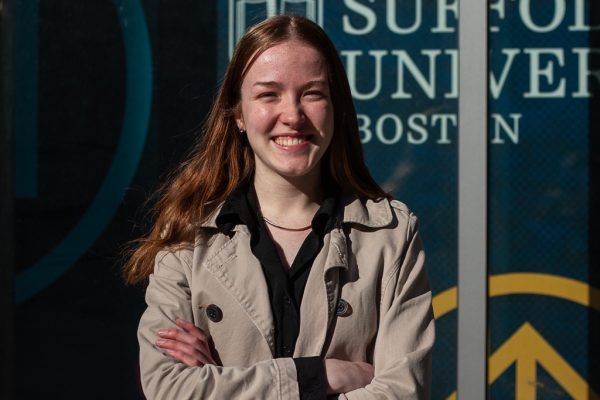Suffolk University hosted Indigenous speakers of the Taino Tribe in the Sargent Commons on Oct. 17, giving the Suffolk community an opportunity to engage in a powerful discussion of Indigenous culture, experiences and hopes for the future.
The Taino people, a subgroup of the Arawak people, are from the Bahamas, Greater Antilles and the northern Lesser Antilles. According to the High Chief of the Taino Tribe, Caciquan Tureyqua Taino Cay, the namesake of the tribe comes from a peaceful greeting the people gave Christopher Columbus upon his arrival to their land.
“The Taino were the first Indigenous people to greet the Spanish in 1492. The name Taino was given by Columbus when the men greeted him saying ‘taino.’ ‘Taino’ means ‘we are good and noble,’ an extension of well-wishes,” Cay said in the lecture.
The history of the Taino people is one of forced assimilation and loss of autonomy, according to Cay.
“We were victims of genocide, but genocide doesn’t completely consist of the complete annihilation of a group physically, it also comes through ethnicide, the destruction of culture, the destruction of self-governance and the destruction of one’s own viability and knowledge to land, birth rights and orientation,” Cay said.
The effects of colonization are irreversible, as Cay explained through the example of his own family.
“There were census-takers who would add an -iz at the end of Cay, so it wasn’t Cay anymore, it was Cayiz, which is actually Spanish and not of Arawakan origin,” Cay said. “Still, there are members [of my family] who have chosen to keep that. This is how irreversible the process of colonization is, the process of encomienda, where whoever resided on a territory had to adopt the name of the Spanish landowner in order to have any viability in commerce or in society.”
Through the lecture, attendees learned about Taino culture and their celebrations, called Arteito.
“Areito is a celebration of culture, it’s a celebration of ancestry, because the ancestors are always present in our cultural reference, and it’s a celebration of particular events. We can have Areito for the birth of a child, for a marriage, to celebrate recovering from a natural disaster, because we want to look in each other’s faces and celebrate with each other. This is how we choose to commemorate our time,” Cay said.
Violeta Ayacayia Anani Nanichi Cruz Del Valle, a Taino singer-songwriter, led the room in a water cleansing ritual.
“Water is the most sacred element to the Taino. First thing in the morning, the Taino people, our ancestors, had a complex for a ritual of water bathing and water cleansing that went far beyond simple physical hygiene,” Cruz Del Valle said.
Cruz Del Valle first instructed those in attendance to draw a circle on a piece of paper representing the container of space, with a spot in the middle representing the space of existence. Through the circle, a simplified version of the Taino Earth Medicine Wheel was created, symbolizing open-mindedness, wisdom, introspection and awakening. After writing affirmations in the circle, Cruz Del Valle instructed all to rub their hands together to generate energy and cup the water sitting in the circle in front of them.
“We just gave that water, filled it with our memories, with our energy. That is what the Tainos did. Every morning, they would get up, go by the river, do this ritual and pour the water over themselves, as a way to start the day,” Cruz Del Valle said.
Moving forward, the goal of Cay and the Taino people is to reclaim the culture and rights to autonomy that were taken from their ancestors.
“We believe the first step towards remedy for the Taino people, to recover from holocaust and victimization, is reclamation of our Taino identity and birthrights through reclassification, through self-identification, through our recording of, and ratification of, our own affidavits, tying back to our charters and our constitutions,” Cay said.
Through outreach programs such as this, Cruz Del Valle hopes the information is shared and spread, increasing awareness and appreciation.
“I think it is important to get this information out to the diaspora. There are so many of us that do not have this information, and the more of us that do, that start digging, it’s like a flame; you light the next one and the next one, and it grows. At the end of the day, the Taino people, we were all one. Wherever you were from, they would take you into their tribe. As a human race, I think it’s important for us to know our roots,” Cruz Del Valle said.
Follow Maren on Twitter @Maren_Halpin26


